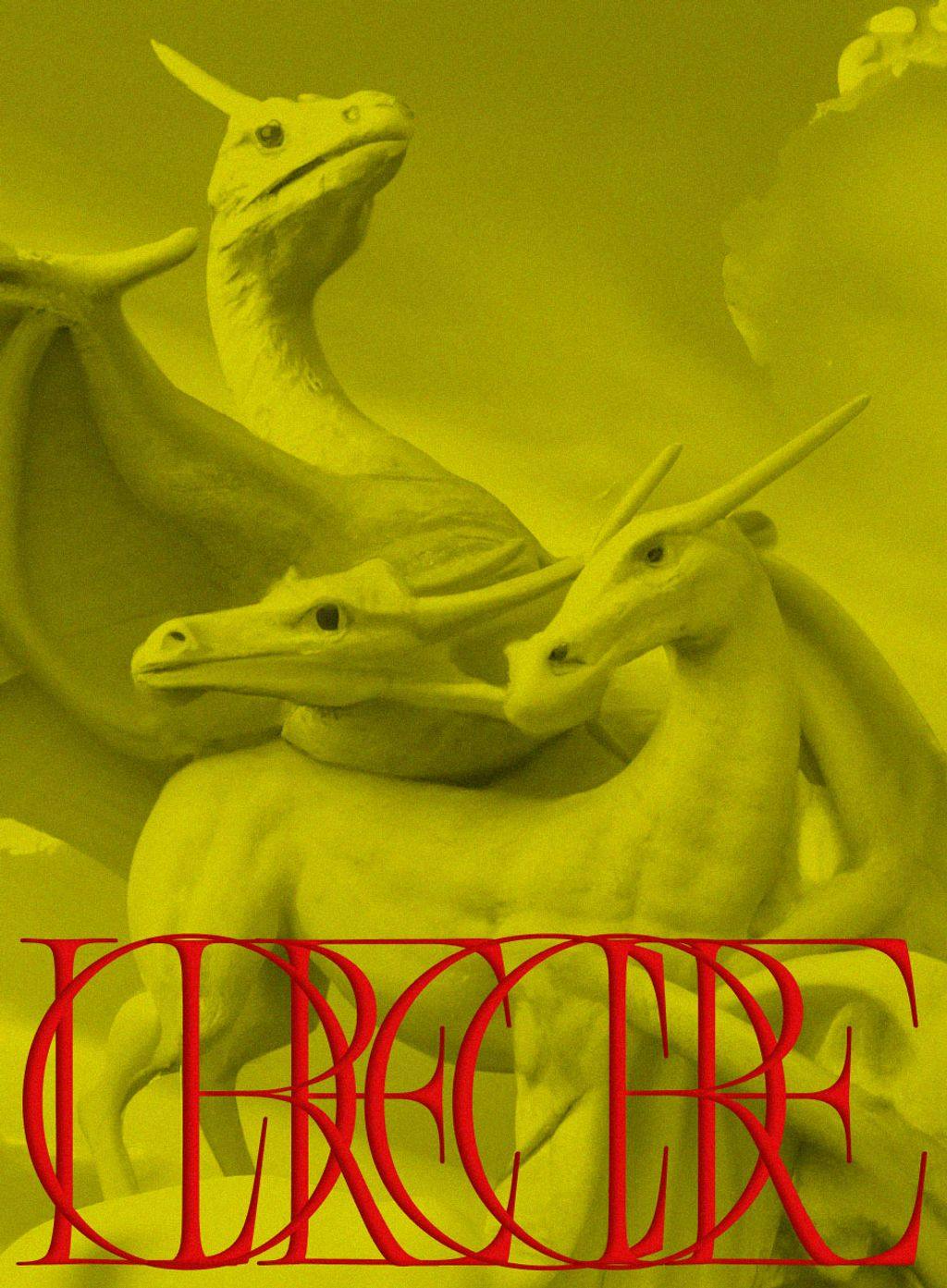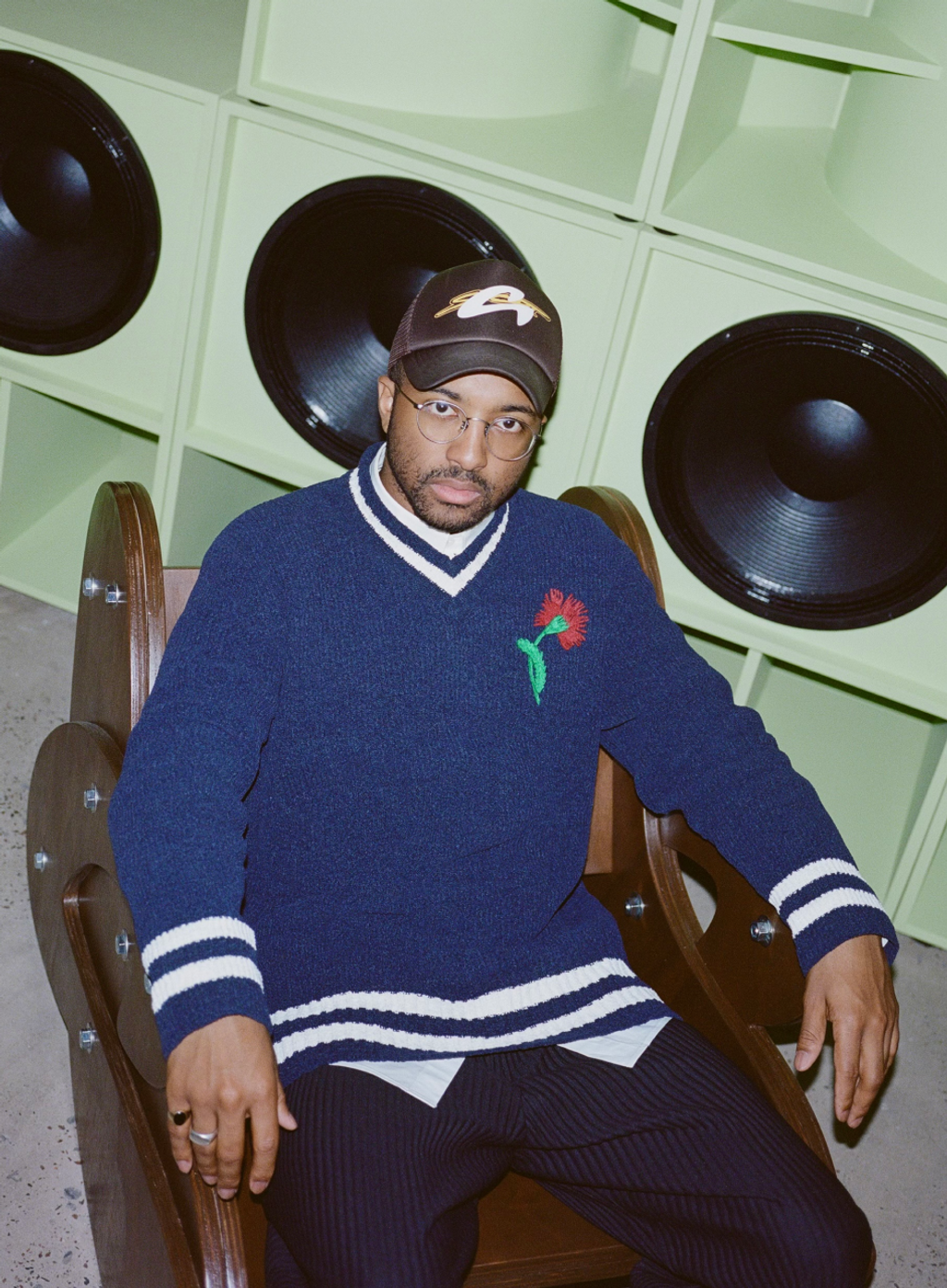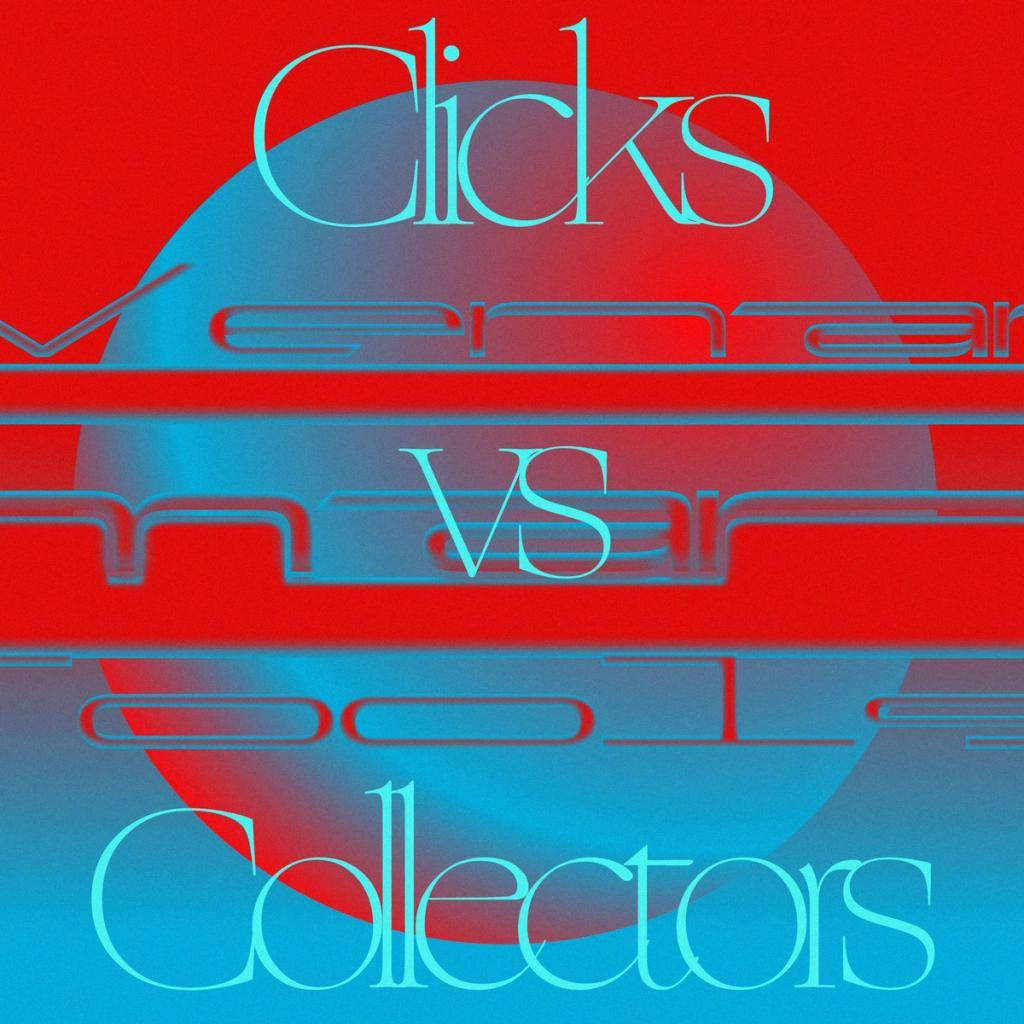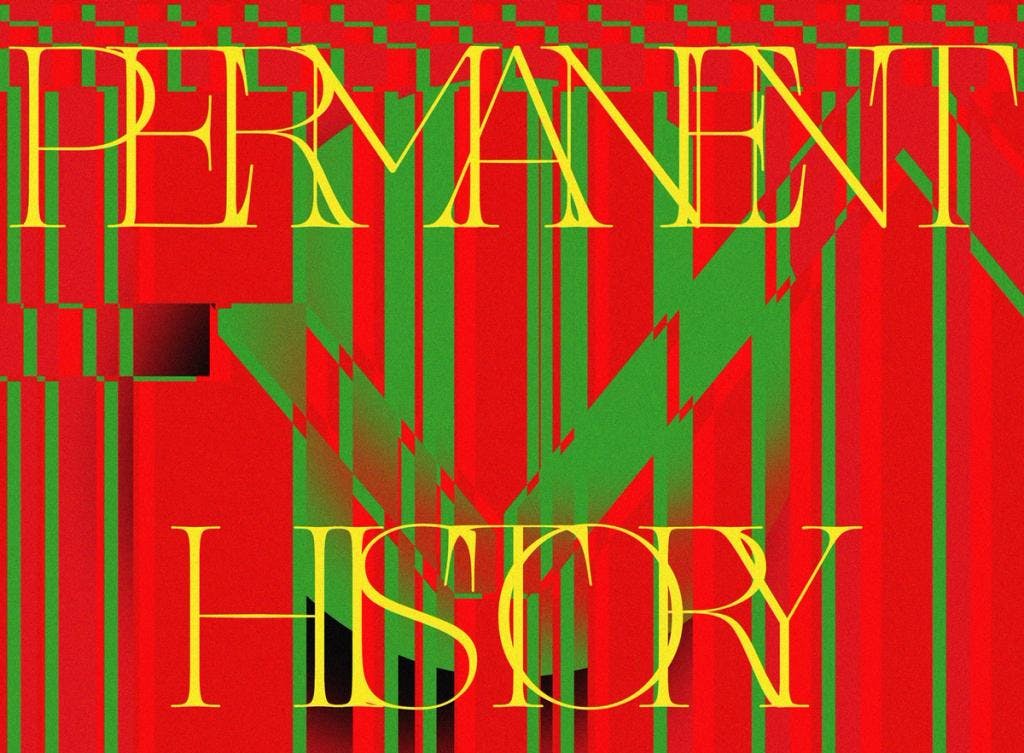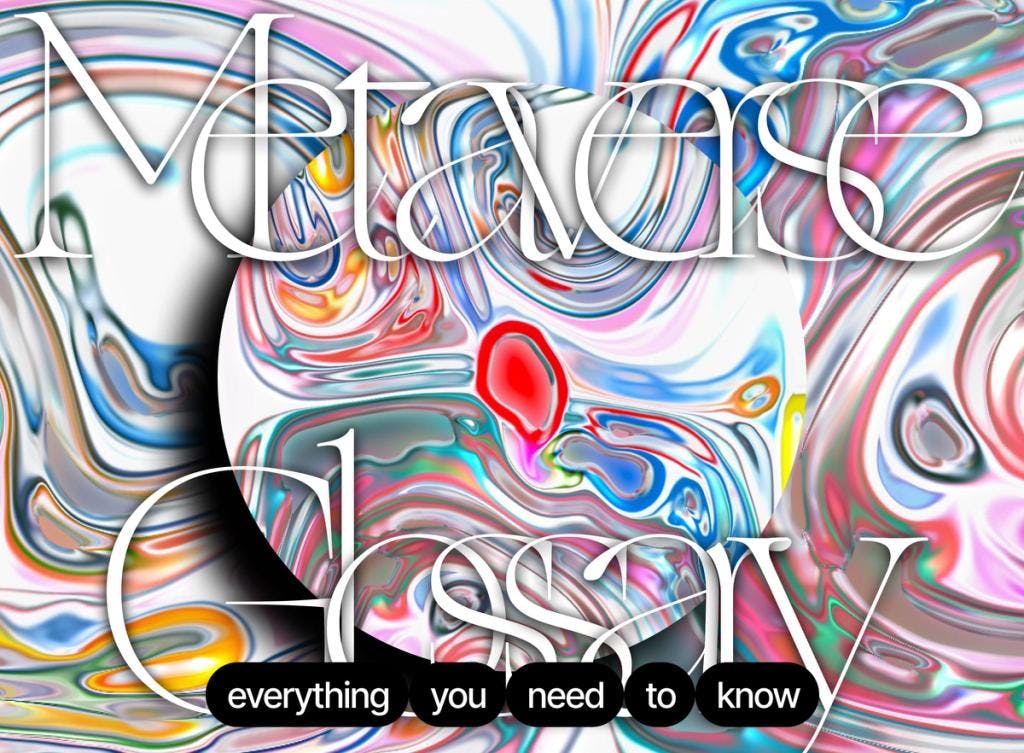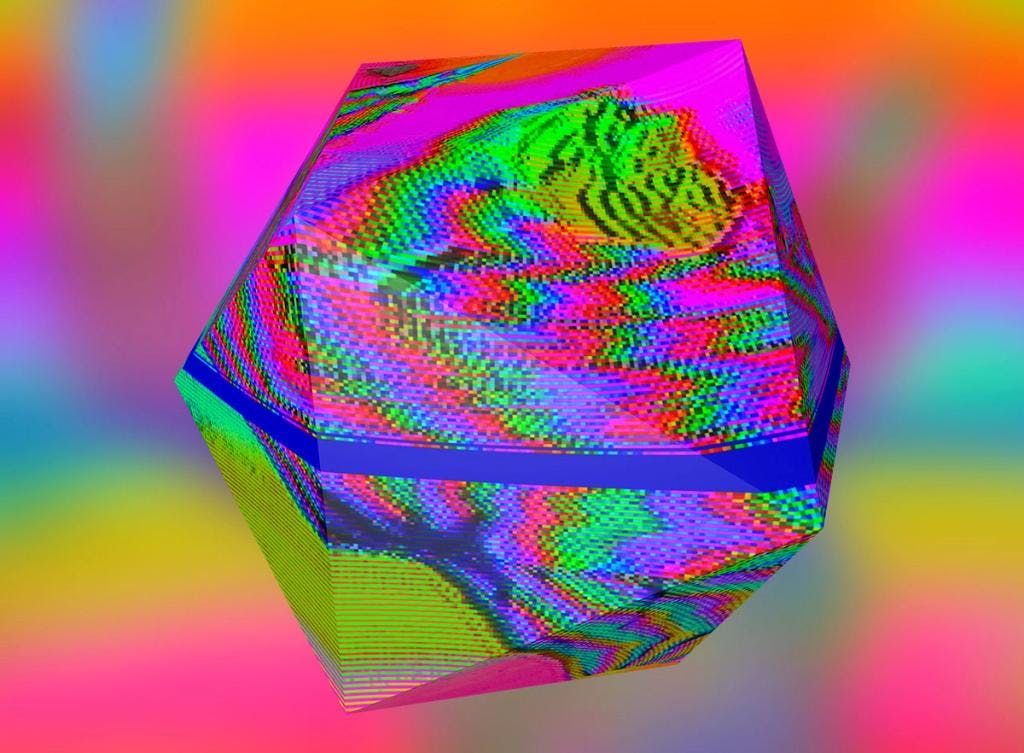



GalenWolfe-PaulyDoesn’tWantYourData
Galen Wolfe-Pauly Doesn’t Want Your Data
Some say Urbit is a NRx dystopia, but the Tlon co-founder thinks it’s closer to a Japanese homeware store.
Galen Wolfe-Pauly is changing the old guard but, instead of instating a new one, he’s questioning the need for a guard in the first place. Wolfe-Pauly is the co-founder of Tlon, one of the companies building out Urbit. The project’s name hails from the Borges’ story Tlön, Uqbar, Orbis Tertius, which envisions an imaginary society where idealistic philosophy rules. The technology aims to mirror this sentiment, creating a digital sovereign entity where users are in control. (For a deeper dive into the community, culture, and lore of Urbit, read my article on last year’s Assembly. Still confused? Check out the Are.na board How do you describe Urbit at a party?)
Hailing from California, Wolfe-Pauly received a BA in architecture from The Cooper Union in 2011. He spent a decade building traditional software for companies such as the sustainable, Brooklyn-based bag brand Baggu and co-founding the systems integration platform Ost, coming to the realization that what he wanted—a peer-to-peer network, a federated model of the internet that allows innovation at a user level—did not exist. “When you use a service—Facebook, Google, etc,” says Galen, “the service is absorbing your data.” Galen doesn’t want your data. He wants to make personal user-run servers accessible. Starting as a pet project with Dark Enlightenment blogger Curtis Yarvin, Urbit, Tlon, and affiliated projects have since scaled significantly, receiving funding from Paypal and Palantir co-founder Peter Thiel and garnering mixed media attention from CoinDesk to Vanity Fair.
Wolfe-Pauly’s formative interest in architecture and how the built environment structures the ways we live is evident in his approach to software; it’s not so much how you build, but why you’re building, to what end. Why, indeed? It’s the question heard around the metaverse. Why make a new internet? We already have one. Everyone’s already here. Tlon and Urbit’s endeavor is both a radical feat of engineering and quite simple: let’s go back to basics. Allow individuals to own their software and govern their digital worlds without institutional interference. It’s not dissimilar, in conceit and aesthetic, from the IBM Personal Computer.
Wolfe-Pauly saw that our servers were not serving us. Over the last ten years, Tlon has built and launched tools to better navigate Urbit, communication and community-building apps, and an interface that’s more palatable to non-programmers. Many see merit in the network—and the number of active users continues to grow. Wolfe-Pauly’s dream of an autonomous internet has become a functional reality. Can Urbit scale to become competitive with the likes of Google and Meta? Probably not, but the ideology is pervasive, it’s changing the culture, and it’s here to stay. Whether you use Urbit or not, the powerful dogma of the project is undeniable. Our futures are not written in stone. They’re malleable, capable of evolving with us, able to be reimagined, reshaped, and updated. We do the building. Tlon just provides the tools.—Madeline Cash.

Yana Sosnovskaya: In your own words, what is Urbit and what is Tlon?
Galen Wolfe-Pauly: Urbit is designed to be a personal server, a system for you to be able to run your own apps and services yourself, instead of going to companies who run software like Google, Facebook, Apple, Instagram, WhatsApp, etc. In an Urbit world, our software comes to us, we run it ourselves on nodes that belong to us, and then we communicate and collaborate directly.
YS: Urbit was founded almost 20 years ago. Can you tell me a little bit about Tlon and Urbit’s history of development?
GWP: Think of Urbit like Linux. Urbit’s just a system. It’s a piece of software. Tlon is the company that helped build that software in the early days, and now we build things on top of it and contribute to the system. So while Urbit is owned by all the people who use it, Tlon exists to make Urbit useful. Tlon’s goal is to build better software. If you own it, that is much better than software that is given to you by someone else. And so we exist to pioneer that.
For the first decade, Urbit was a personal project of my former co-founder—very basically, we just worked on it for fun. Tlon got started in late 2013. Tlon took Urbit from what, at the time, was just a cool little prototype and actually made it useful. The subsequent era of Tlon’s life was when we—five or seven of us—took this initial prototype and made it into something that actually worked pretty well. From, I’d say, 2018 to 2020 there was an increasing number of people working and building things on it. Our goal was to get the network to be stable and reliable and decentralized enough that we could step back and focus on building applications. Then in most recent years, we’ve been focused on making Urbit useful, building things on top of it, and building the interface layer.
YS: You personally have a very interesting background, and you actually started in architecture. Who are your favorite architects at the moment and how is your background helpful in building the system that you’re working on right now?
GWP: I don’t really follow contemporary architecture, so my favorite architects don’t change very much. There’s a handful of people who were deeply influential to me. John Hejduk was an extremely unusual, originally Czech architect who mostly practiced in New York. Hejduk’s drawings and work are pretty incredible. Christopher Alexander’s writing, especially his later writing, is probably part of the reason that I build software and not buildings. And I’d say that the contemporary architects that I always admire purely for the physical quality of their work, are SANAA, the Japanese firm—they’re pretty well known. I don’t build buildings, but I am interested in the systems that shape the way that we think. And I think that that’s actually what architects originally were concerned with.
In the absence of the internet, buildings were the things that structure the way our relationships happen, how we collaborate, how we communicate, all those things were structured by the places that we engage in, at least historically. For me, going to architecture school, when I looked at the potential for a building to really impact the way that we think, the way that we live together, work together, think together—it just didn’t seem that impactful. Buildings don’t matter as much as they once did. In fact, the network matters. The software that we use matters. Those things actually matter an enormous amount.
So much of the way that the internet is and the way that software is is actually kind of a historical accident and has the potential to be rethought. So actually, I feel like I use my education every day. I try to encourage young architects, as often as I run into them, to work on software or to work in the digital world. I think this is where there’s the most potential to have an impact on the way that the world is.
YS: It reminds me of that quote by Rem Koolhaas about how infrastructure is much more important than architecture. When you’re thinking about how to approach building Tlon, what is most important for you? The architecture of it or the infrastructure?
GWP: My interest is in building really great products. I got sucked into this whole thing basically because I grew up near Silicon Valley and I was always interested in making things. I was programming from a young age, building all kinds of different software on the internet. I found that it was basically impossible to build truly great software when you are the one always running the server. You always become the sole dictator of whatever the application is because you control it completely, and the whole world is shaped that way today. All of our software is controlled centrally by some company. I felt like if you want to build really great software—software that just does exactly what it says it does, that can last for as long as you want it to last, that you feel is a vehicle for your own creativity and that has the direct, purposive quality of a camera or a woodworking tool—you need new infrastructure. I always felt like Urbit was a prerequisite for being able to build good software, which I think doesn’t exist right now. In the absence of great infrastructure, you can’t build really good things. There are cases where that infrastructure doesn’t need to be improved. Rolled steel beams are great, for example. Whereas the infrastructure that runs the digital world is a complete nightmare. It’s a mess and it needs to be totally overhauled. If you overhaul it, you can surface that improvement to people.
It just seems completely normal that you would give people the ability to shape the world around them as much as you can.
YS: Why do you think it’s important for people to own their own software?
GWP: My impression is that if you look at the infrastructure that runs the world from 30,000 feet, most of those systems are decentralized. There are lots of different participants who decide what the size of a sheet of plywood is or what tools are in your kitchen, whatever it might be. All these things in our everyday lives aren’t centrally controlled. They sort of emerge over time through this loose collaboration. Then when I get a handle on them, no one tells me how to use them. I just think that most of our everyday lives are conducted with things that are ours. We decide where our furniture goes, we decide where we want to drive our cars. That’s a familiar way of being in the world, and it’s actually deeply unfamiliar to be in a world where the tools that you use are controlled by somebody else.
We want to make software more ordinary. We want to make software less of this weird anomaly controlled by somebody else. The analogy I used to use is to imagine you were forced to live in a hotel. No one wants to live in a hotel. It sucks. You can’t move the art on the walls. You only get to use these tiny little soaps. It just doesn’t feel good because it doesn't feel like it’s yours. I think that if we want to commit ourselves to the digital world, if the digital world in fact knits us together, it's the place where we collaborate. It’s the place where our families stay connected and so on. It has to be owned by us for us to basically shape it in the way that we want it to be. It can't be decided on by some monopoly.
YS: With this example of objects being in our everyday life, I can’t help thinking about capitalism and the market that actually created that system. In the Web3 community, there is sometimes an association of decentralization with socialism or socialist values. How do you see this connection? Is centralization political?
GWP: I’m a designer by nature. I think about the first-person lived experience of a user, of someone using the stuff that I make. It’s just natural for both a person and their immediate community or the communities they participate in to be able to shape things to reflect the way that they want to live. Cities look different from one another, towns look different from one another. I don’t know if I think about it in political terms at all. It just seems completely normal that you would give people the ability to shape the world around them as much as you can. That’s the world that I want to live in, and I think it’s the world that I observe most people want to live in. They want to feel a sense of agency over the things that they use.
YS: I would love to talk about the current use cases of Urbit. Could you walk me through the ideas that are not obvious or unavailable for people who are outside of the infrastructure of Urbit? What potential does it have for final consumer-facing use cases?
GWP: Absolutely. We’re kind of like off in space. Urbit’s a system. The first thing that we as Tlon really wanted Urbit to be useful for was as a place for us to communicate and stay connected. This was actually before DAOs were a thing, before Discord was a thing. This was something that felt weird, right? We’re like, “All right, we want to build this other world where people own their software again, where should we host that discussion, and what do we use to do that?” The obvious answer was that we have to use Urbit to do that. Over the last couple of years we’ve built two simple things that act as a communication suite: Groups and Talk, that together live inside this thing called Landscape.
They’re simple apps. Groups is basically like an alternative to Discord, which in some ways is an accident. That was not what we set out to build. We just wanted a way to stay connected ourselves. Talk is like an alternative to a Signal or Telegram, just simple direct messaging. These things are now also built into a hosting service because Urbit is, of course, a thing that has to be running somewhere. Now you can, in a couple of clicks, get dropped into a group that we run and start playing, socializing, and collaborating. With Landscape, you can build and ship software without ever running a server. Other people are experimenting with building bolt-on applications that operate similarly to Groups and Talk. You log into this thing with one NFT. When I’m DMing with someone, I’m using the same handle that I would use to participate in group chats with them, link collections, or write together. And now people build games that use those same handles that pull data out of Groups or Talk. They’re building discovery mechanisms. They’re building all kinds of strange and unusual stuff that I hadn’t really imagined before.
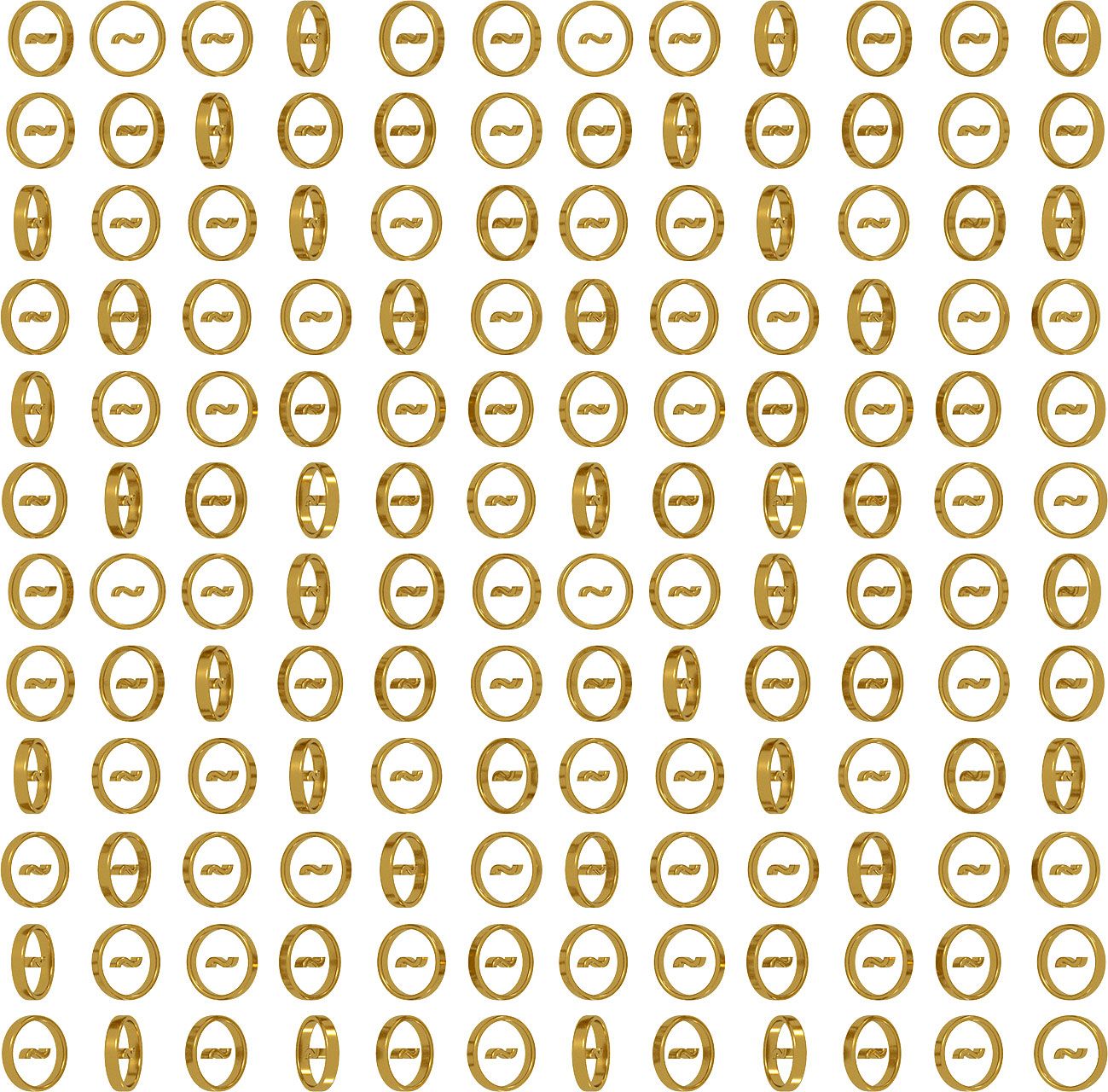
YS: Do you feel that right now the core audience or even the core contributors are the developers—those who are going to be building the next wave of consumer-facing products?
GWP: At Tlon, one of my primary sources of inspiration for thinking about the company is Muji. Muji is a Japanese brand that makes basics. They make the most basic edition of every possible home good and clothing, and for a while they made houses. Muji was started in Japan in the late 1980s when the economy was booming. Everything was expensive, everything was luxurious. And Muji was the total antithesis of all that, making simple, straightforward goods that are very direct and very affordable. Our approach is kind of similar. You can use Discord, you can use Slack, you can use Teams. You can also use Groups.
A value of Groups is that it does less. It’s very simple. It’s never going to disappear on you. It’s never going to try and advertise itself to you. It’s never going to take advantage of you. It’s never going to spy on you. And that simplicity is actually what makes it a good product. And so my goal is to continue expanding out there. Can you build a suite of very simple digital basics that cover most of the things that we want to do online? Talk is the second app. They share data. They can interoperate in interesting ways. That’s something I very much want. It’s kind of exhausting to feel like your software is always advertising itself to you. We provide an alternative world of staying connected, communicating, and getting things done without feeling like you’re being taken advantage of. I hope that it can stand on its own as a product.
There are many things yet to get fully explored in terms of what Urbit is capable of. One thing I think about is when the iPhone launched with Safari—just the fact that you had a web browser in your pocket. It’s so amazing. But web browsers already existed. So in some ways, it’s both the first killer app and it’s also a known app. It wasn’t for a couple of years until you started to see things like Uber that are taking advantage of the fact that the phone has sensors and location data in the underlying platform.
Our first apps are familiar. They’re stuff you already know, but the fact that they’re on Urbit means that you own them. They can last forever. They can be very calm. That’s a great start. What is the Uber of Urbit? That’s what this very organically generated community of developers is exploring and experimenting with.
YS: I really love your metaphor of Muji because it reminds me of the first time I was introduced to Urbit. I started seeing a bunch of people on Crypto Twitter being obsessed with Urbit’s design and aesthetic. I still am not sure how many of those people fully understand and comprehend the idea behind Urbit, but the aesthetic came first to them. Like with Muji, there is also this simplicity and basic, but recognizable, visual identity. How many users currently are there just for the vibes and how many are hardcore believers in decentralization?
GWP: We launched our hosting service and have been slowly rolling it out in the last couple of months. By the time this goes up, you can go to Tlon.io and in a few clicks be on the network. That just happened. Everyone on the network prior to that basically walked through glass to set this thing up. It’s not easy to do. It’s not that hard to do, but it’s not for everybody. You’re running this thing on your own server somewhere or on your laptop or whatever. So I suppose the bet that we’re making is that the things that we’ve built can engender enthusiasm from people just based on their sheer product quality.
There was this New York Times article a couple of months ago about these teenagers who totally reject using smartphones. They only use flip phones. I love these kids. This is what I’m talking about. I’m excited to explore this niche. Can you build simpler, more purposeful software that can give you better guarantees around ownership as its primary feature? I think so.
YS: I’m noticing that quite a few Gen Z-ers are very interested in Urbit. There’s a pretty big chunk of younger kids who are interested in the ideology. There’s obviously a heritage that’s been left to Tlon after Curtis Yarvin’s departure. Many are cautious about using Urbit for that reason. Do you think that you can separate a creator from its creations?
GWP: That’s a totally fair question to ask. Can you separate an author from an author’s creation? It’s complicated. In this case: yes, most definitely. Urbit has been rewritten many times over. I don't think there's anything in there that hasn’t been worked on by somebody else. I worked with Curtis for quite a long time and enjoyed working together, but we’re very different people. And in some ways, the spirit of the project was that if you want to build real infrastructure that can be very broadly useful, then it has to be able to withstand the tension of people who don’t agree with each other using it at the same time. That’s how we always thought about it. We tried to create an engineering culture that was very much about looking at things from first principles. How can this thing be maximally useful and maximally neutral? We welcome any critique in terms of the actual design and implementation of the system to that end.
That’s how I’ve always netted out on it. I’m really happy with how the system is designed. It’s really quite good. It’s quite brilliant. If there’s something that people find unsettling or incorrect about it, I think we’re pretty excited to hear it. I think that’s the most important thing for any creation, any technology, any work of art. How does it land? What message does it get across?
I don’t think decentralization is a feature on its own. I don’t think it’s something that people care about per se.
YS: You mentioned the word neutral. It got me thinking about how Vitalik Buterin talks about credible neutrality. In American society, being so polarized right now, can the decentralized internet bring people together?
GWP: When you get everyone in the same room trying to have a single conversation, you’re necessarily going to have a lot of conflict. And that’s okay. I think that’s fine. We wanted there to be different people who didn’t agree with each other in one place, but when you incentivize them to go to war with one another, you’re going to get some very strange results. That’s what’s amazing about the pre-internet world, right? You have all these communities that are very different from one another that can generate their own values, their own ways of living, and they can build their communities and their physical space to suit their values.
My hope is that the majority of real serious decentralization projects get us to a digital world that looks like that: communities having a sense of grounding, a sense of place, and a sense of control over their environment. All the ways that we are socialized in the current internet are intended to maximize engagement to pay server bills, which means they basically have to make you into a crazy radical. It’s no wonder the world is the way it is.
YS: We went through globalization with the early rise of the internet and late capitalism in the United States. Everyone is talking about how the next stage of the internet is going to be more about local communities. That’s going to be interesting to see. Do you think people care about decentralization at large?
GWP: No one cares.
YS: Exactly. What’s your approach and how do you think about scaling a product that’s built around decentralization?
GWP: The only reason that Urbit is decentralized, that it is encrypted by default, that it is deterministic, is in order to build better software. If you can’t provide a better user experience, the underlying thing is not important. I don’t really comment on decentralization as a movement. I think there are cases in which, yes, it mistakes decentralization as a feature. In our case though, the goal is to provide people with simpler, high-trust software.
It’s very palpable. It’s very different from most of the software that we use from day to day. Purely and most naively, the difference is what it feels like to use. I think that difference is very significant and does not require you to understand the underlying technology. For the most naive, ordinary user, you have to materialize a better user experience. It has to be a better product experience on its face. I don’t think decentralization is a feature on its own. I don’t think it’s something that people care about per se. The goal of that underlying technology is yet to deliver something that people actually want to use because of its most basic qualities.
YS: I would love to peek a little bit into your plans for this year, and if there are any exciting launches that are going to be happening on Urbit that people should be expecting?
GWP: Over the next couple months, we’ll start to ratchet open the number of free hosted slots that we’ll give away. We’re starting to make it incredibly easy to get on the network, and we’re working directly with individual communities to get them set up and running. What will happen over the course of the year that I’m broadly excited about is seeing how people organically figure out new ways to bolt onto the stuff that we’re building. There’s a lot of stuff that people are experimenting with independently of Tlon: it’s happening on its own. It’s a lot of fun to follow along with on the network. It’s a trivial example, but someone randomly DMed me the other day and was like, “Hey, do you want to play Go?” And I was like, wait, we can play Go? And it turns out there’s a Go app that directly integrates with the whole thing. Now I have an ongoing Go game with someone who just wandered in off the internet.







